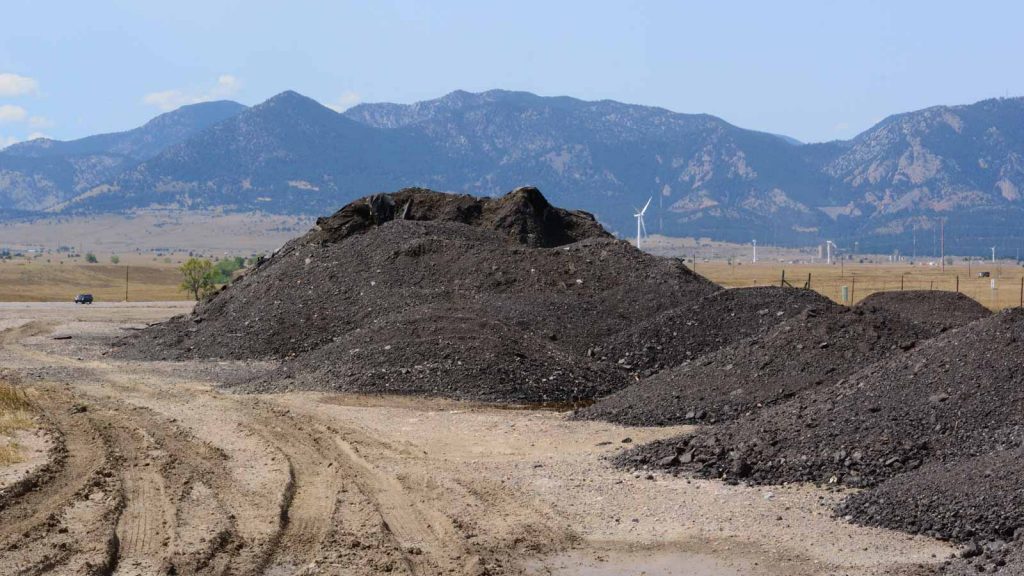Weather and heavy use are a fact of life, and because of them, roads have to be repaired regularly. What most people don’t realize, though, is that when road crews remove asphalt during projects to resurface or widen roads, 99% of the asphalt is recycled. Environmental Protection Agency statistics for more than 20 years show that more asphalt is recycled annually than any other U.S. product. More asphalt is recycled than aluminum, glass, paper or plastic.
Asphalt recycling dates back to an oil embargo in the 1970s. Businesses began recycling out of necessity. Recycling is the common business practice because it saves businesses and customers millions of dollars. It also reduces the potential landfill size. When you consider the tons of asphalt that are recycled instead of adding to landfills, that is a big deal. For example, asphalt pavement mixtures in 2018 used more than 84.7 million tons of recycled material. In 2019, the number increased to 89.2 million tons.
The in-place recycling techniques full-depth reclamation, but they also include cold-in-place and hot-in-place and cold central plant recycling. It is even possible to recycle asphalt multiple times because the asphalt cement stays cohesive every time. Recycling programs emphasize using reclaimed asphalt pavement (RAP) because RAP has the biggest impact economically, environmentally and from an engineering standpoint.
RAP usage in 2019 accomplished the following:
- It kept 2.4 million tons of CO2e (CO2 equivalent) out of the atmosphere. CO2e is the common unit for describing greenhouse gases. CO2 is considered the most common and the most important greenhouse gas emitted due to human
- It replaced the need for virgin asphalt binder by 24 million Companies used recycled binder from RAP and recycled asphalt shingles (RAS) instead.
- It put 921,000 tons of RAS to work.
The recycling rate in 2003 was already an impressive 80%; the increase since then demonstrates a continuing commitment within the industry to improve the recycling process. Also, asphalt can recycle other products that would not be recycled otherwise, such as:
- Cellulose fibers
- Coal combustion products
- Foundry sand
- Glass,
- Ground tire rubber
- Pig manure
- Steel and blast furnace slags
According to the National Asphalt Pavement Association survey, as recently as 2019, more asphalt is recycled in the U.S. every year than any other material, and that has been true since 2009 when NAPA and the Federal Highway Administration first began tracking the following materials in an annual survey:
- Reclaimed asphalt pavement
- Recycled asphalt shingles
- Warm-mix asphalt
The voluntary survey was first conducted for the 2009 and 2010 construction seasons. NAPA and the FHA send the annual survey to more than 1,300 asphalt plants, and they also send surveys to state asphalt pavement associations. The most recent survey ended April 1, 2021. A free copy of the most recent report is available on the NAPA website at member.asphaltpavement.org/Shop/Product-Catalog.




